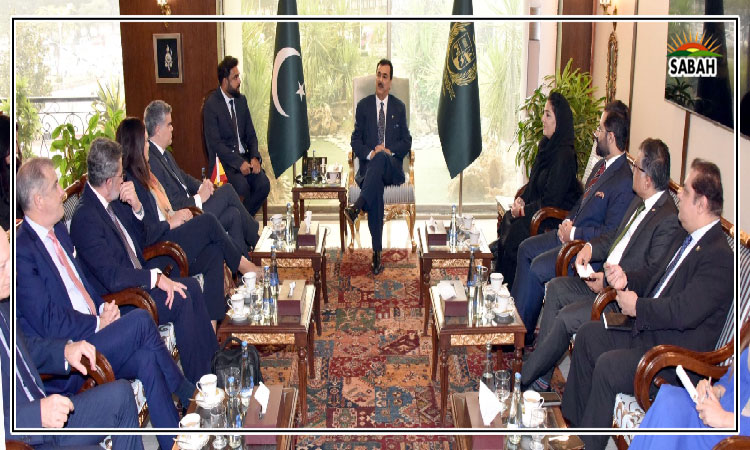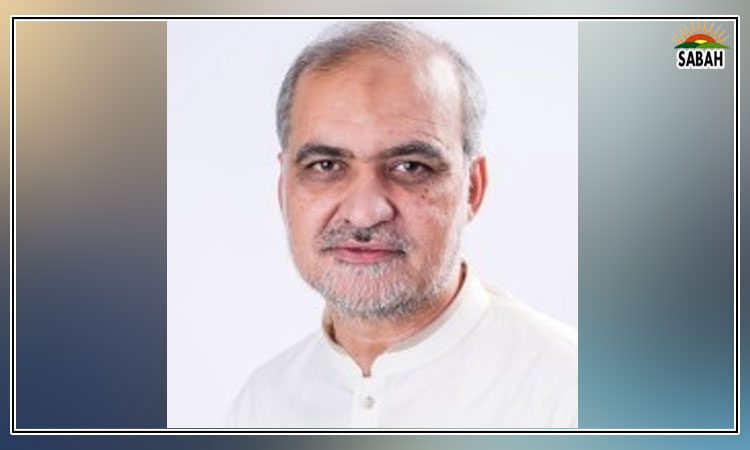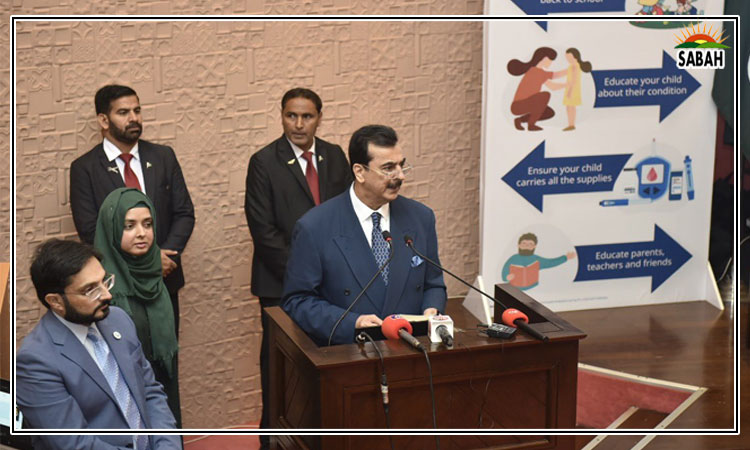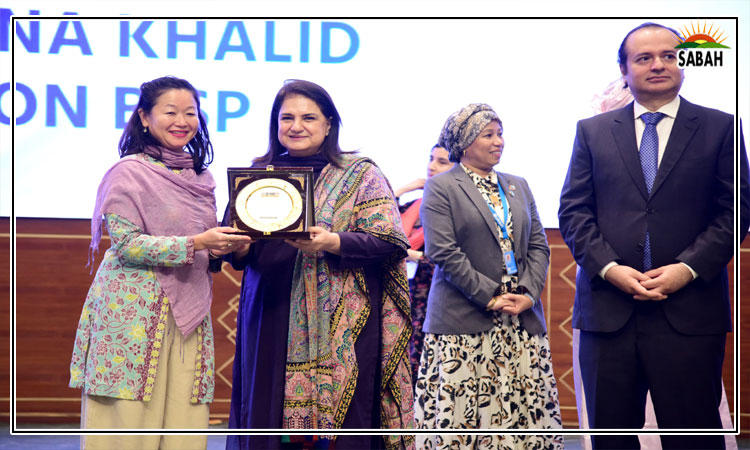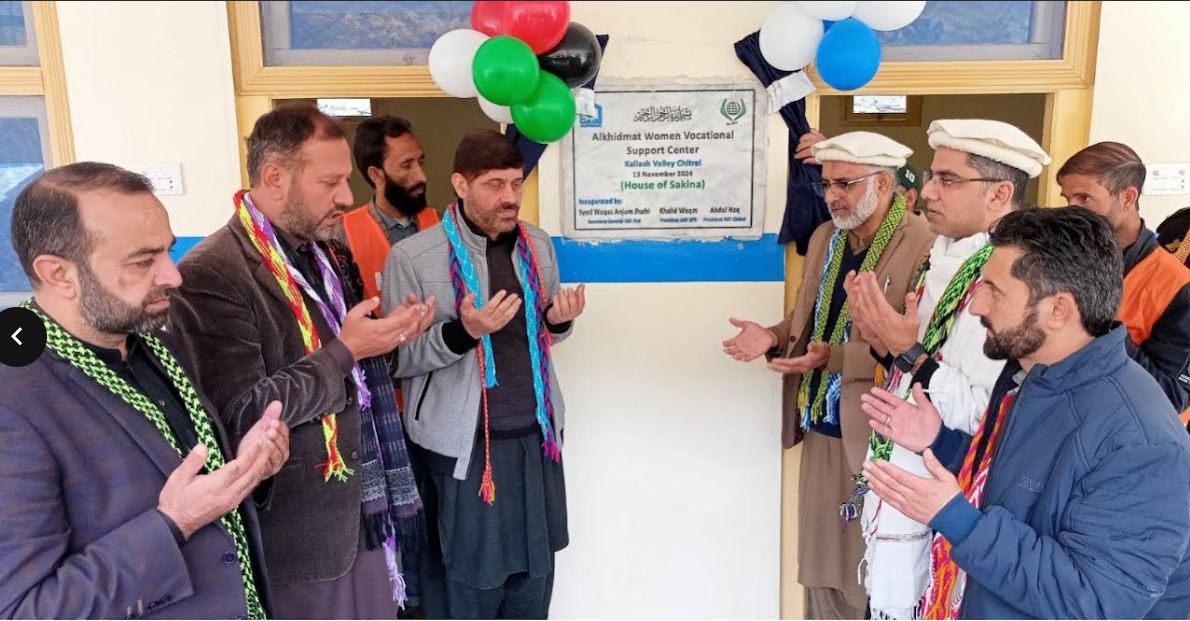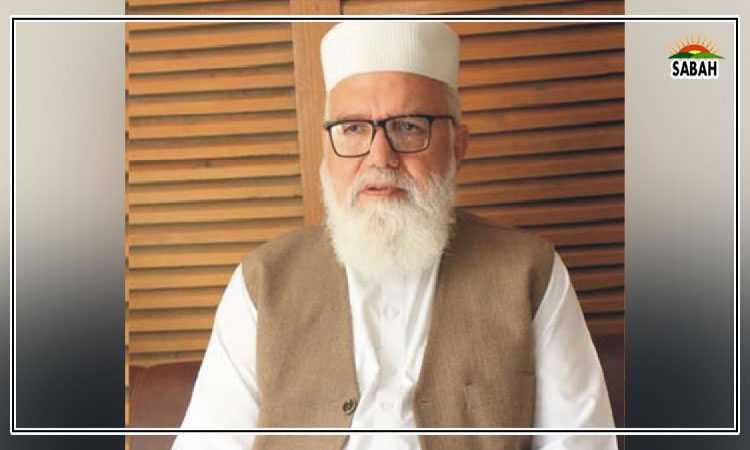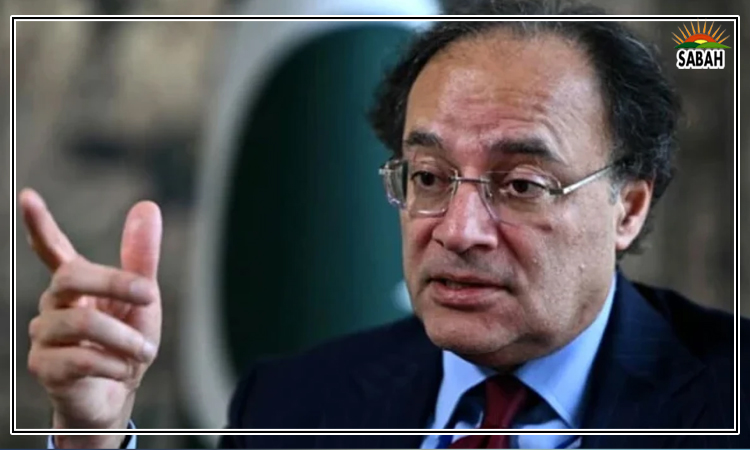A permanent literature festival… Muhammad Hamid Zaman
In an otherwise suffocating environment that is shaped by conspiracy theory-laced high pitched mudslinging on TV on the one end, and exclusion, apathy and neglect of critical social issues on the other, an opportunity to listen, think and perhaps even imagine a better world through art and creativity is a breath of fresh air. Literature festivals that are happening across the country are a small window allowing for the fresh air of reason, respect and reflection to enter and give a breathing space to our minds and precious inner core. Unlike a few years ago, when these festivals were recycling the same people telling the same story, it is great to see new authors and new voices come to the fore. Yet, despite the promise and the value that these festivals bring, many are still unable to breathe in this fresh air. So many are still left out.
Literature festivals tend to happen not just in large cities, but also in particular venues with a certain image that does not inspire true inclusion. I am reminded of a conversation I had with a young student a few years ago, who told me that despite a love of literature she simply could not imagine going to a festival. When I inquired further she said that she and her family simply did not belong in that company. She felt that she did not come from the right class, and she and her father (a simple man with a very modest salary) would be escorted out by the guards before they could even enter. She simply did not have the courage to risk her self-respect and had therefore felt that the doors of the festivals were closed on her. Whether her fear was true or not, we cannot deny that our class conscious society does erect real and perceived barriers that stop many from socio-economically disadvantaged groups to fully participate. This sense of exclusion is the antithesis of what literature and celebration of literature ought to be about.
Furthermore, the goal of the festival is not to be a one-off event, but rather to be part of a movement. It should not be about a single interview or a panel discussion, but an opportunity to hear from the author whose words and ideas one would like to engage with. In a society where books are getting more and more difficult to buy (or find) the literature festivals are unlikely to create a movement for everyone (and not just the entitled and the elite) to read, reflect and think.
The only way to both reach those who are unable to join the literature festival in person, and catalyse a movement, is to create and support public libraries within communities. I have heard all kinds of weak arguments about why we do not have public libraries. Some are based on the assumption that no one wants to read, and some are simply vile when they say that the poor people are not to be trusted as they will not return the books back to the library! The arguments in general are lazy (or rooted in racism or classism) and demonstrate a strong affinity for show rather than a real desire to support reading and intellectual engagement.
A recent story about revamping public libraries in Nairobi (published in The New York Times on February 4th, 2023) made me think about the opportunity within our cities. It also got me thinking about how those with means can give back to the community in a way that can profoundly change the life of a person.
And for those who would argue that investing in libraries shows a disconnect from our real problems of the day, I would say that perhaps the only way to come out of the mess we find ourselves in is to know ourselves, reflect on our history, and recognise that in the name of solutions and ideologies we have been sold snake oil by charlatans big and small. Reading is the first, and perhaps the most important, step to undo the damage of the last seven decades.
Courtesy The Express Tribune




